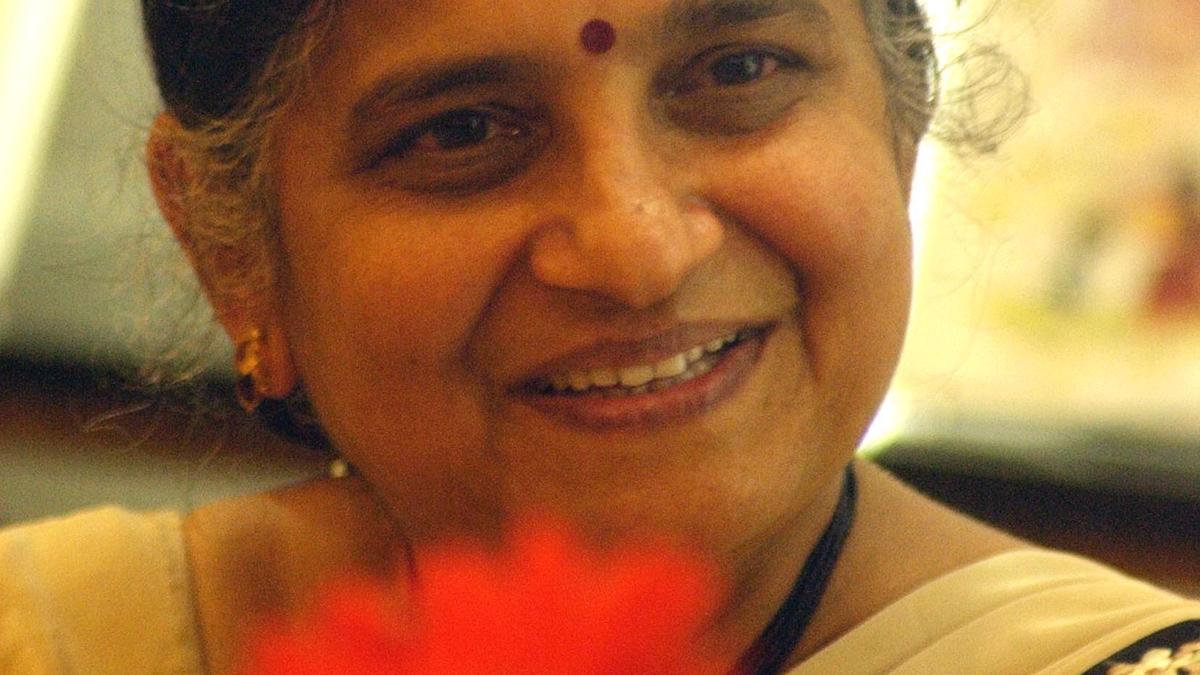Non-Scientists Receive INSA Fellowship
Recently, the Indian National Science Academy (INSA) made changes to its annual list of Fellows, breaking from its long-standing tradition. This year’s list includes prominent figures from various fields who are not professional scientists, reflecting a broader approach to recognising contributions to science in India. INSA aims to enhance diversity and acknowledge those who apply scientific principles in society.
About INSA
- INSA was founded in January 1935 to promote science in India and use it for humanity and national welfare.
- It was initially called the National Institute of Sciences of India (NISI).
- The Indian Science Congress Association (ISCA) played a major role in establishing it.
- INSA started in Calcutta (Kolkata) and operated at the Asiatic Society of Bengal until 1951 before moving its headquarters to Delhi.
Objectives of INSA:
- Promote scientific knowledge and its practical use to solve national problems.
- Coordinate with scientific institutions, societies, and government bodies.
- Represent India’s scientific achievements internationally and safeguard scientists’ interests.
- Form committees to handle important national and international scientific work.
- Publish journals, reports, and other materials to share scientific knowledge.
- Encourage collaboration between science and humanities.
- Manage funds to support scientific initiatives.
Role and Activities:
- Advises the government on critical science and technology issues.
- Serves as a platform for Indian and international scientists to collaborate.
- Awards medals and prizes to young scientists, engineers, and technologists.
- Offers financial support for research.
- Honors senior scientists by electing them as Fellows.
- Runs exchange programs with foreign academies to enable research visits and discussions.
New Categories of Fellows
INSA introduced two new fellowship categories – Science in Translation and Science in Society. These categories aim to recognise individuals who contribute to science beyond traditional academic roles.
Notable Non-Scientists Included
The list features several well-known personalities, such as Sudha Murthy, N.R. Narayanamurthy, Nandan Nilekani, and Rajendra Singh. Their contributions to science through funding and social initiatives highlight the importance of diverse involvement in scientific advancement.
Historical Context
Traditionally, INSA Fellows were primarily nominated based on scientific publications and contributions. This shift in policy reflects a growing recognition of the roles played by industrialists and non-academic contributors in advancing science.
Concerns and Criticism
Some members, like P. Balaram, expressed concerns about the inclusion of wealthy individuals with limited scientific connections. Critics argue that this approach may undermine the integrity of the fellowship by prioritising influence over scientific merit.
Future Implications
The changes in INSA’s fellowship criteria may pave the way for recognising future contributors in emerging fields like deep-tech and space exploration. This move could attract more private funding for research and development in India.
Month: Current Affairs - January, 2025
Category: Awards, Honours & Persons in News







